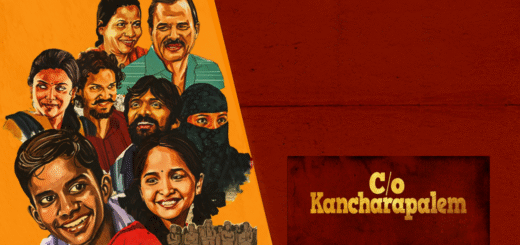Shutter Speed & Social Change: A Photography Workshop for the Next Generation
“Photography has always been inaccessible for marginalized communities, as cameras are expensive. I wanted to bridge that gap and make photography more accessible.” Palani says
The photography workshop”Through Their Eyes” was conducted by award winning photojournalist Palani Kumar on March 30th, at Alliance Française of Madras in Chennai. Palani works with the People Archives of Rural India popularly known as PARI.
This workshop was free for all, in an attempt to make photography accessible to the younger generation. It was not just a one-day workshop, rather it was the beginning of a new batch at Palani Studio with more sessions to be scheduled in the future. It was an ice-breaker session, inviting the youth to document meaningful stories as a counter-narrative to commercial mainstream media.
The session started with the introduction of M. Palani Kumar. Hailing from the remote village of Jawaharlalpuram in Madurai district in Tamil Nadu, he graduated with a Bachelor in Engineering, as per the wish of his mother, a fish-seller. His most significant work includes a powerful narrative on the lives of manual scavengers of Tamil Nadu. As a PARI fellow, he is currently documenting the injustice of caste and working class. He was recognized as Top Ten Humans 2019 by Anandha Vikatan for documenting socially impactful works throughout the year. His work aims to sensitize the world to the realities of manual scavengers and marginalized communities, using photography as a tool for change.
Later, the session jumped to basics about the camera from exposure, aperture, shutter speed and ISO to focal length and depth of field. He also mentioned important points about obtaining consent from the people being photographed and taught about making relationships with the subject (people) and environment in the field. Talking about photography ethics, he mentioned, “A photograph should always be taken with the consent of the subject. If you take someone in your photograph without consent, the photo itself tells it is taken without any consent.”
Around 40 participants joined from across Tamil Nadu and Kerala and got hands-on experience in groups of two people per camera. Everyone was instructed with the DSLR manual settings and advised to take photographs within the space in the given time of 45 minutes. Former students helped the new participants with different techniques of photography. Also, they fixed the mistakes while participants were facing difficulties. In the end, everyone got feedback about their photographs and their potential to express through this creative skill.
The workshop ended with a photo exhibition of the Palani Studio students’ photo works on marginalized communities. Palani strongly believes in witnessing as a form of resistance. Palani’s photo work on “Witnessing Caste Violence in Tamil Nadu” was also exhibited. “Witnessing is an important process – it documents history for future generations,” he added. He also invited every participant to join further classes at Palani Studio to make use of their photography skills and to document the marginalized communities and caste oppression.
–Written by Kiran Kumar Boya
–Edited by Rupam Shukla




